United Nations: Member States Finalize a New Global Cybercrime Convention – August 8 2024
After three years of work, the committee established by the UN General Assembly to negotiate a new convention on cybercrime agreed today on a draft convention text.
Primary Category: Government / Regulatory
Authors:
• SCARS Editorial Team – Society of Citizens Against Relationship Scams Inc.
• United Nations
About This Article
The United Nations has finalized a draft of a new global cybercrime convention, marking a significant milestone after three years of negotiations by a committee established by the UN General Assembly.
Expected to be adopted later this year, this convention will become the first globally binding legal instrument on cybercrime, addressing the rapidly growing threats in cyberspace. The convention represents the first multilateral anti-crime treaty in over two decades and has been developed with the input of various stakeholders, including civil society, academia, and the private sector.
UNODC, which served as the substantive secretariat, will continue to support the implementation and ratification of the convention, offering tools to enhance international cooperation, law enforcement efforts, and capacity-building to combat cybercrime.
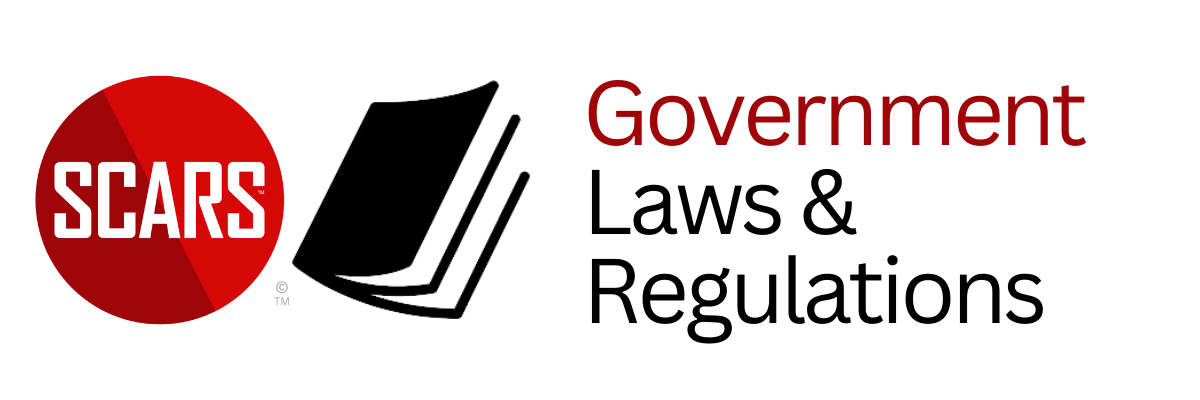
United Nations: Member States Finalize a New Global Cybercrime Convention – August 8 2024
After three years of work, the committee established by the UN General Assembly to negotiate a new convention on cybercrime agreed today on a draft convention text.
The draft convention is expected to be adopted by the General Assembly later this year, thus becoming the first global legally binding instrument on cybercrime.
This achievement represents the culmination of a five-year effort by UN Member States, with the input of civil society, academic institutions and the private sector. UNODC served as the substantive secretariat for the negotiations.
“The finalization of this Convention is a landmark step as the first multilateral anti-crime treaty in over 20 years and the first UN Convention against Cybercrime at a time when threats in cyberspace are growing rapidly,” said UNODC Executive Director Ghada Waly. “I congratulate Member States and the Ad Hoc Committee, under the leadership of Ambassador Faouzia Boumaiza-Mebarki as Chair and a strong representative of women diplomats, for guiding negotiations and reaching consensus on the final text. UNODC is immensely proud to have supported the negotiation process and to serve as the Secretariat of the Convention. We will continue to play a central role in assisting in the implementation and ratification of the Convention, once adopted by the General Assembly, as well as providing technical assistance to Member States, as we work with all countries and partners to safeguard digital spaces.”
As noted in the draft convention, technology has created opportunities for a greater scale, speed, and scope of crimes, from terrorism to drug trafficking to trafficking in persons, migrant smuggling, firearms trafficking, and more.
The draft convention provides tools that will enhance international cooperation, law enforcement efforts, technical assistance, and capacity-building relating to cybercrime.
Read the draft convention and SCARS Institute analysis here: https://againstscams.org/united-nations-proposed-convention-against-cybercrime-2024/
-/ 30 /-
What do you think about this?
Please share your thoughts in a comment below!
-/ 30 /-
What do you think about this?
Please share your thoughts in a comment below!
Important Information for New Scam Victims
- Please visit www.ScamVictimsSupport.org – a SCARS Website for New Scam Victims & Sextortion Victims.
- SCARS Institute now offers its free, safe, and private Scam Survivor’s Support Community at www.SCARScommunity.org – this is not on a social media platform, it is our own safe & secure platform created by the SCARS Institute especially for scam victims & survivors.
- SCARS Institute now offers a free recovery learning program at www.SCARSeducation.org.
- Please visit www.ScamPsychology.org – to more fully understand the psychological concepts involved in scams and scam victim recovery.
If you are looking for local trauma counselors, please visit counseling.AgainstScams.org
If you need to speak with someone now, you can dial 988 or find phone numbers for crisis hotlines all around the world here: www.opencounseling.com/suicide-hotlines
Statement About Victim Blaming
Some of our articles discuss various aspects of victims. This is both about better understanding victims (the science of victimology) and their behaviors and psychology. This helps us to educate victims/survivors about why these crimes happened and not to blame themselves, better develop recovery programs, and help victims avoid scams in the future. At times, this may sound like blaming the victim, but it does not blame scam victims; we are simply explaining the hows and whys of the experience victims have.
These articles, about the Psychology of Scams or Victim Psychology – meaning that all humans have psychological or cognitive characteristics in common that can either be exploited or work against us – help us all to understand the unique challenges victims face before, during, and after scams, fraud, or cybercrimes. These sometimes talk about some of the vulnerabilities the scammers exploit. Victims rarely have control of them or are even aware of them, until something like a scam happens, and then they can learn how their mind works and how to overcome these mechanisms.
Articles like these help victims and others understand these processes and how to help prevent them from being exploited again or to help them recover more easily by understanding their post-scam behaviors. Learn more about the Psychology of Scams at www.ScamPsychology.org
SCARS INSTITUTE RESOURCES:
If You Have Been Victimized By A Scam Or Cybercrime
♦ If you are a victim of scams, go to www.ScamVictimsSupport.org for real knowledge and help
♦ SCARS Institute now offers its free, safe, and private Scam Survivor’s Support Community at www.SCARScommunity.org/register – this is not on a social media platform, it is our own safe & secure platform created by the SCARS Institute especially for scam victims & survivors.
♦ Enroll in SCARS Scam Survivor’s School now at www.SCARSeducation.org
♦ To report criminals, visit https://reporting.AgainstScams.org – we will NEVER give your data to money recovery companies like some do!
♦ Follow us and find our podcasts, webinars, and helpful videos on YouTube: https://www.youtube.com/@RomancescamsNowcom
♦ Learn about the Psychology of Scams at www.ScamPsychology.org
♦ Dig deeper into the reality of scams, fraud, and cybercrime at www.ScamsNOW.com and www.RomanceScamsNOW.com
♦ Scam Survivor’s Stories: www.ScamSurvivorStories.org
♦ For Scam Victim Advocates visit www.ScamVictimsAdvocates.org
♦ See more scammer photos on www.ScammerPhotos.com
You can also find the SCARS Institute’s knowledge and information on Facebook, Instagram, X, LinkedIn, and TruthSocial
Psychology Disclaimer:
All articles about psychology and the human brain on this website are for information & education only
The information provided in this and other SCARS articles are intended for educational and self-help purposes only and should not be construed as a substitute for professional therapy or counseling.
Note about Mindfulness: Mindfulness practices have the potential to create psychological distress for some individuals. Please consult a mental health professional or experienced meditation instructor for guidance should you encounter difficulties.
While any self-help techniques outlined herein may be beneficial for scam victims seeking to recover from their experience and move towards recovery, it is important to consult with a qualified mental health professional before initiating any course of action. Each individual’s experience and needs are unique, and what works for one person may not be suitable for another.
Additionally, any approach may not be appropriate for individuals with certain pre-existing mental health conditions or trauma histories. It is advisable to seek guidance from a licensed therapist or counselor who can provide personalized support, guidance, and treatment tailored to your specific needs.
If you are experiencing significant distress or emotional difficulties related to a scam or other traumatic event, please consult your doctor or mental health provider for appropriate care and support.
Also read our SCARS Institute Statement about Professional Care for Scam Victims – click here
If you are in crisis, feeling desperate, or in despair, please call 988 or your local crisis hotline – international numbers here.
More ScamsNOW.com Articles
A Question of Trust
At the SCARS Institute, we invite you to do your own research on the topics we speak about and publish. Our team investigates the subject being discussed, especially when it comes to understanding the scam victims-survivors’ experience. You can do Google searches, but in many cases, you will have to wade through scientific papers and studies. However, remember that biases and perspectives matter and influence the outcome. Regardless, we encourage you to explore these topics as thoroughly as you can for your own awareness.


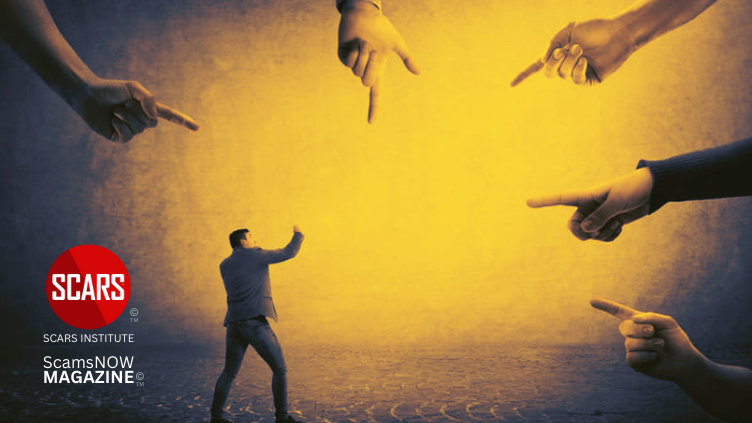
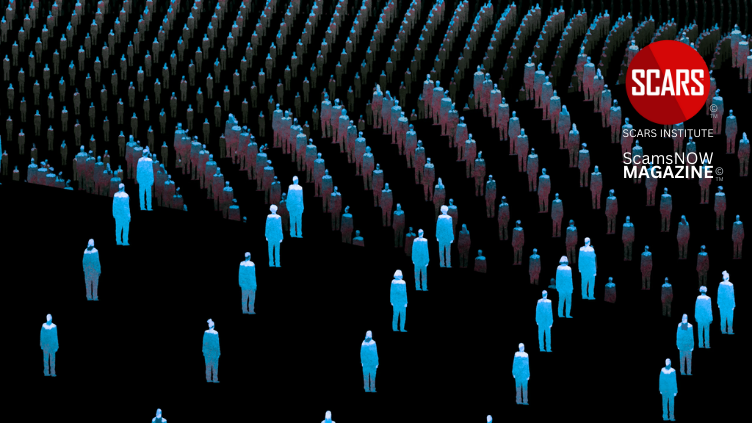
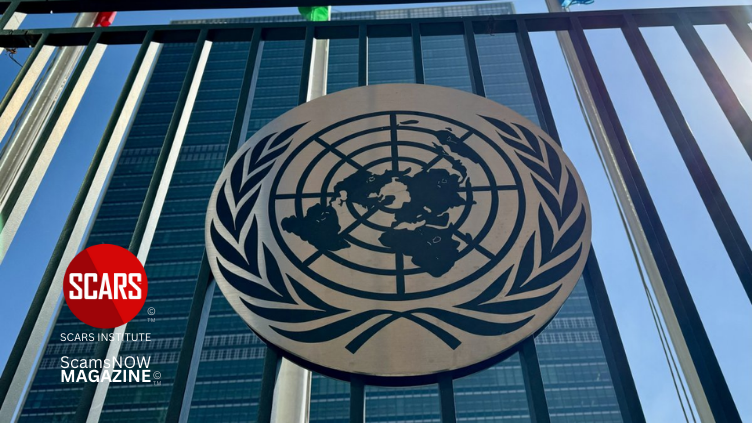


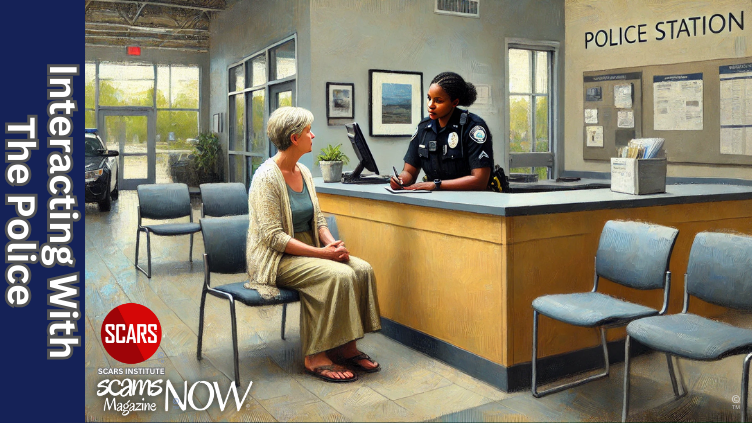

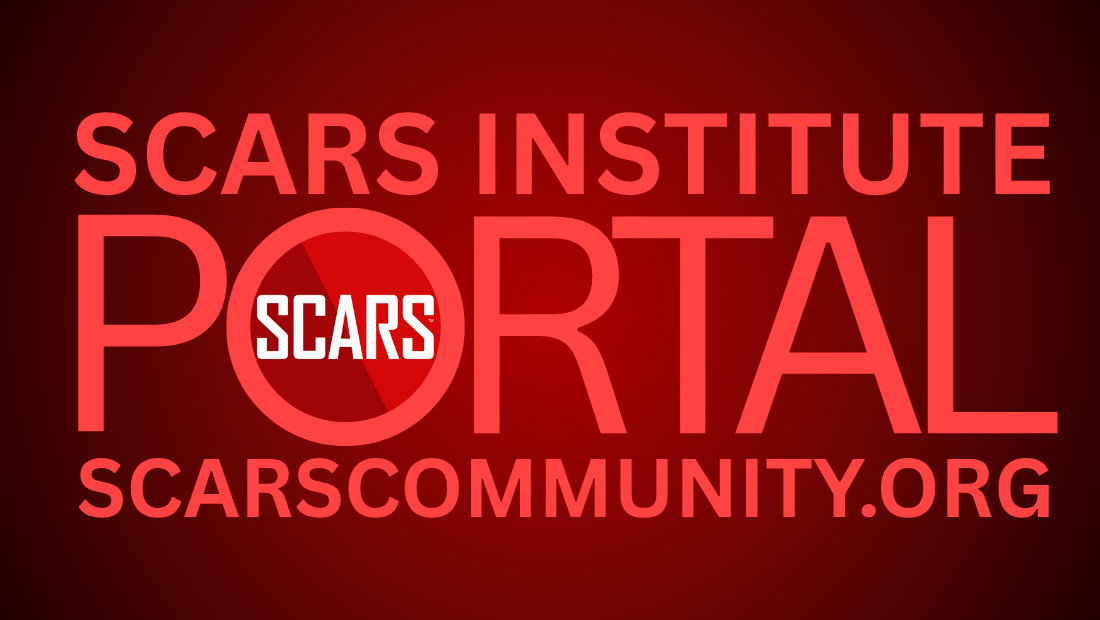

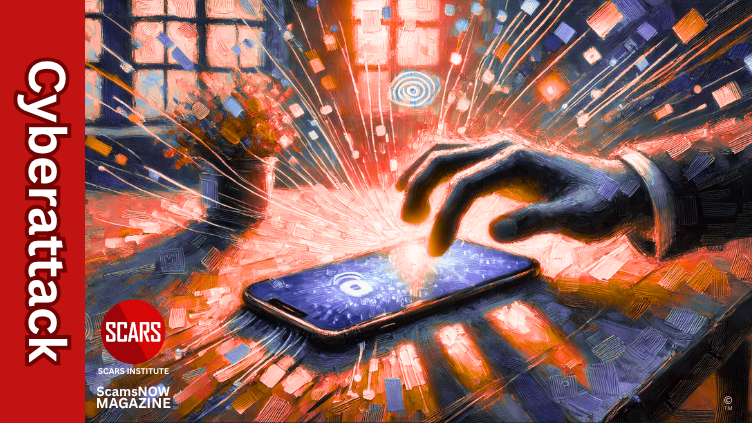
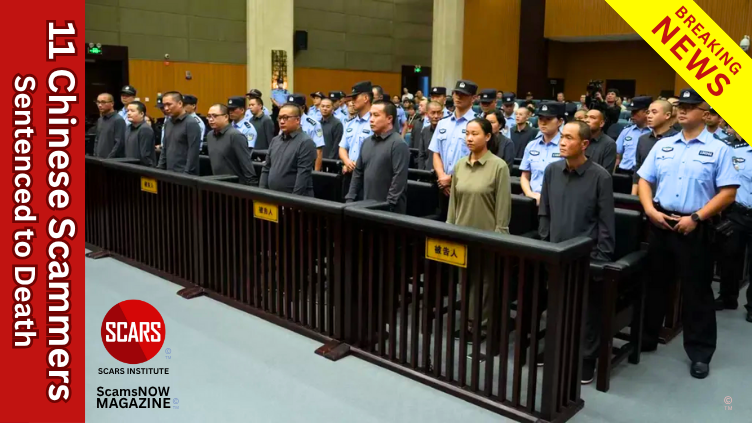

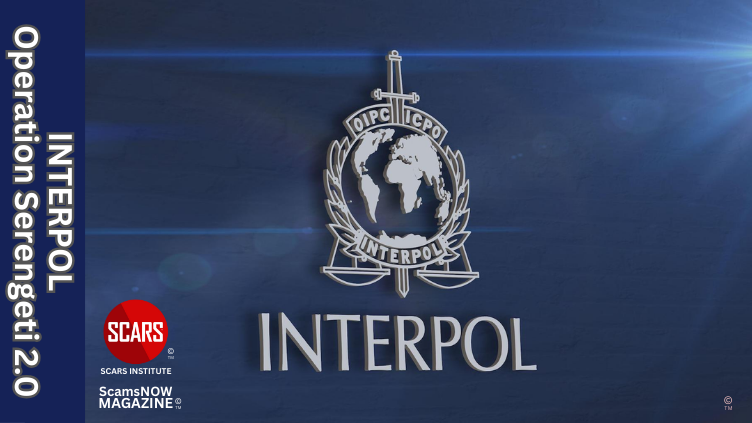
![NavyLogo@4x-81[1] United Nations: Member States Finalize a New Global Cybercrime Convention - August 8 2024](https://scamsnow.com/wp-content/uploads/2025/04/NavyLogo@4x-811.png)










![scars-institute[1] United Nations: Member States Finalize a New Global Cybercrime Convention - August 8 2024](https://scamsnow.com/wp-content/uploads/2025/04/scars-institute1.png)

![niprc1.png1_-150×1501-1[1] United Nations: Member States Finalize a New Global Cybercrime Convention - August 8 2024](https://scamsnow.com/wp-content/uploads/2025/04/niprc1.png1_-150x1501-11.webp)